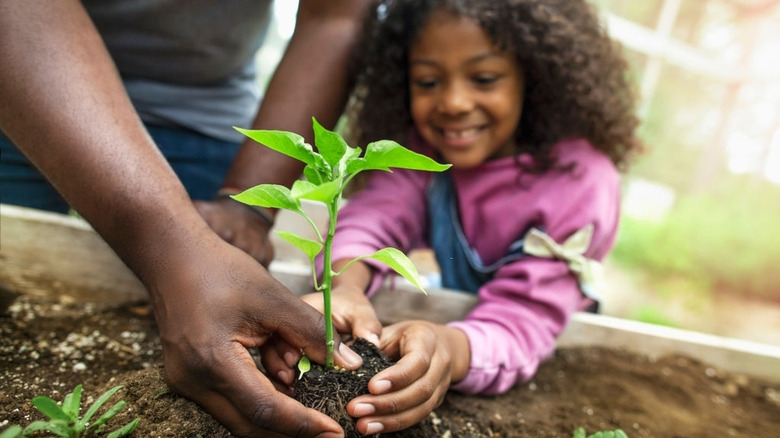Is Your Diet Cost Effective And Sustainable For You?
A common reason people don't eat as healthy as they should is that they believe it's just too expensive — but some of them might be on to something. According to a 2021 report published in The Lancet: Planetary Health, how much it costs to maintain a diet that's healthy and sustainable depends on where in the world you live.
The research was spearheaded by a team at Oxford University who found that most of western Europe, the United Kingdom, Australia, and the United States can reduce the costs of food and groceries by 22-34% if they adopt a high-grain plant-based diet such as being a vegetarian or vegan. While those countries are defined as upper-middle to high-income, people who live in lower-middle to low-income countries won't reap the same benefits. In fact, being a vegetarian or vegan in a lower-middle to low-income country actually increases the cost of food and groceries from 18 to 29%.
The truth about food insecurity
When it comes to the United States, MindBodyGreen says that healthy food options aren't always accessible as food insecurity is a major problem. Feeding America defines food insecurity as "a lack of consistent access to enough food for every person in a household to live an active, healthy life" and, according to the U.S. Department of Agriculture (USDA), this affected over 38 million Americans including 12 million children in 2020. Low income, lack of affordable housing, chronic health conditions, and systemic racism commonly contribute to food insecurity.
Lead researcher Marco Springmann told MindBodyGreen that low-income diets often consist of too many starchy foods and not enough healthy foods. "Affording to eat a healthy and sustainable diet is possible everywhere but requires political will," he said.
Prevention says there are steps you can take to help end food insecurity. Working with Feeding America, finding Mutual Aid networks, and contacting local representatives are good places to start. You can also contribute to a community fridge, volunteer at a food bank, support Black-operated food justice initiatives, organize a food drive, or help set up a community garden.


